A China invasion of Taiwan might spark military response from not only the United States but also its allies, according to former U.S. State Department official Morse Tan.
“The Taiwan issue is not simply an issue between China and Taiwan but, like the issue of North Korea, it is a global issue,” Yoon said.
Tan, a former State Department ambassador, agreed with Yoon’s remarks, stressing that in the event of a Chinese invasion, the United States might come to the defense of Taiwan, and that the so-called “Quad”—Japan, Australia, India, and America—might also take some kind of action together.
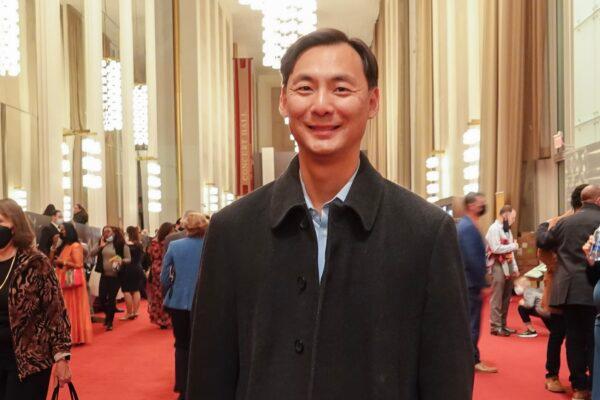
On the other hand, he said that the CCP is propping up North Korea in order to be coordinated with its ally as it attacks South Korea while the Chinese military is attacking Taiwan.
And thus, he contended, “This is not solely an internal matter for China, especially if they are contemplating aggression militarily against Taiwan. And so this has broader, farther reaching implications.”
Referring to Yoon’s comment, Tan said that it signals “to the CCP that South Korea cares about whether or not the CCP military will be making a move in trying to conquer Taiwan by force, which is something that the PLA [People’s Liberation Army] and the CCP should think twice about before engaging in such a measure, which would result in catastrophic losses and destruction.”
In the worst-case scenario, it could lead to nuclear war, a World War 3, he said.
The official deemed it a “serious risk” as, he said, “you have a major uptick in China’s arsenal. You have North Korea’s recent test of solid fuel, a solid fuel ICBM, which was a step that they had not taken before. [Russian President Vladimir] Putin has explicitly threatened to use nuclear weapons. The CCP through the PLA has not indicated that they are willing to be constrained in terms of not using nuclear weapons.”
Step Up Missile Defense
He singled out the report on South Korea’s previous president, Moon Jae-in, who under the pressure of the CCP refused to further deploy the U.S. anti-ballistic missle defense system THAAD.China viewed that as a way to deter Chinese missile and rocket attacks, and thus objected to that and imposed formal sanctions on South Korea, and that kept the previous administration from installing the remaining batteries that were scheduled to be installed, he noted.
Given the major arsenal that China has along these lines, missile defense is a major concern, Tan opined.
Solidify in Many Aspects
As Yoon is now in the United States for the U.S.-South Korea summit, Tan expected that the two countries would solidify their relationships in many spheres.“So strengthening in every aspect, whether it’s economically, whether it’s militarily, whether it’s cooperation across a broad range of areas, is something that would be very important and beneficial to South Korea, as well as to the United States, and something that North Korea should not be allowed to weaken or much less to destroy,” he said.
“I believe President Yoon has a good understanding of this. And I expect that there will be an openness and a willingness and a desire to strengthen that relationship and the alliance between the Republic of Korea and the United States of America in a broad range of issues and across multiple different sectors. And I think it has greater implications not only for the region but also for the world,” Tan said.
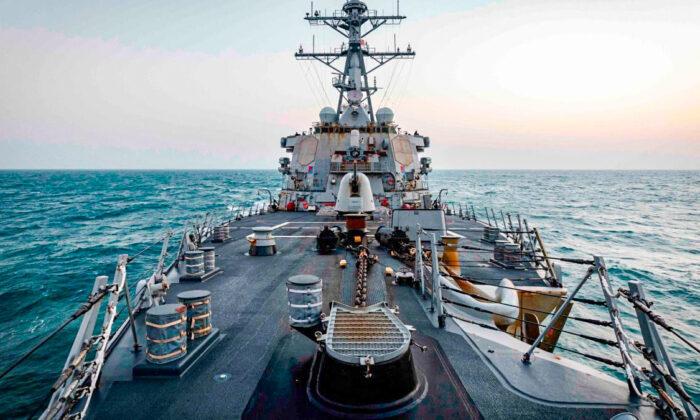

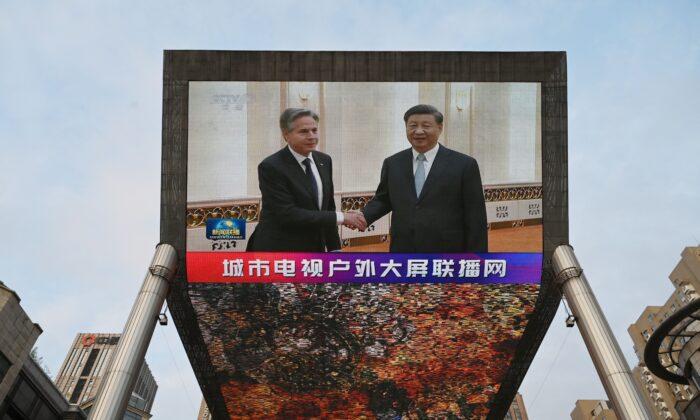
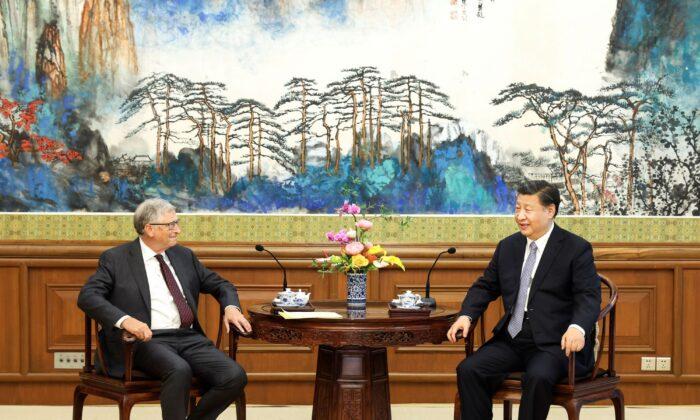
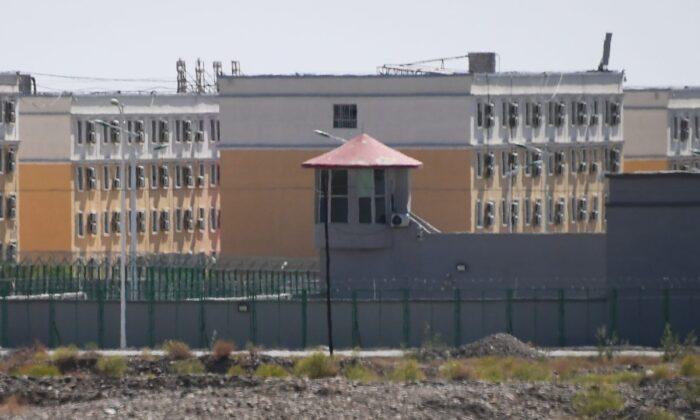
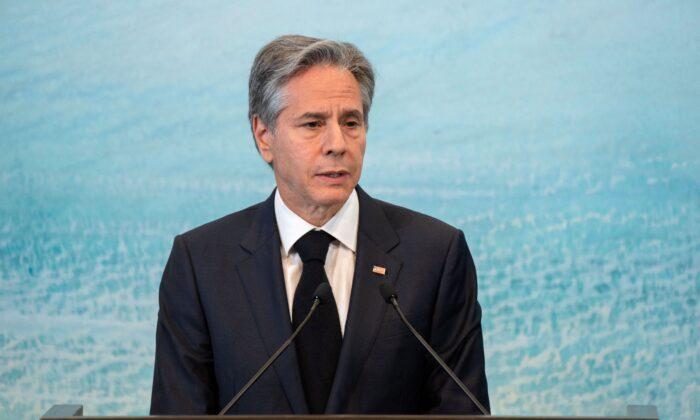
Friends Read Free